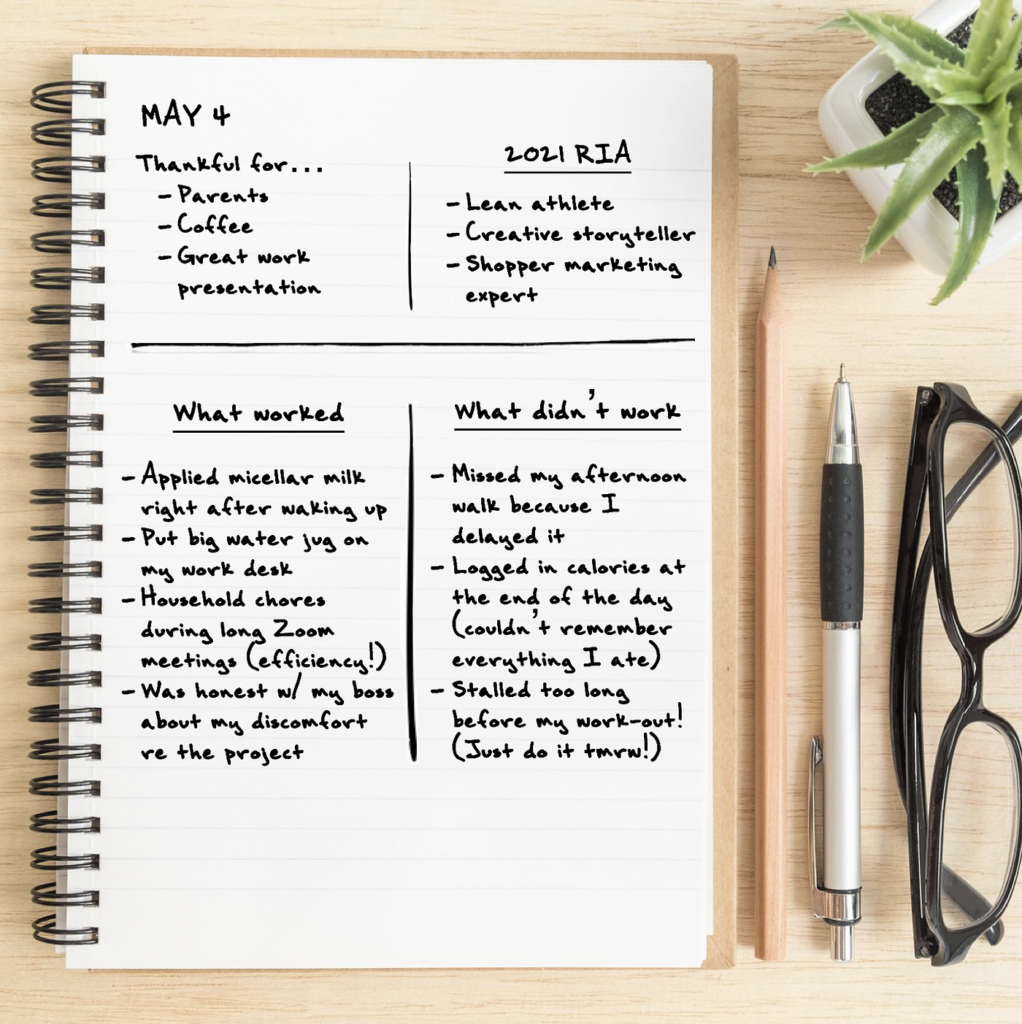How Journaling Will Help You Organize Your Priorities
Have you ever felt stuck when it comes to managing your time? Have you experienced that nagging sensation of wasted potential, especially when you see your peers or colleagues excelling smoothly? If so, you’re not alone. Many people grapple with feelings of overwhelm and disorganization, making it challenging to identify and focus on their priorities. But many people do not use journaling as a strategy to organize their professional life. Journaling is a tool you need to convert into a habit. It’s simply writing about your thoughts, feelings, and experiences regularly. Journaling may help you with personal development, mental well-being, a specific goal, expressing gratitude, or multipurpose activities. Journaling is a powerful tool that will provide you clarity and structure in your life.
Table of contents
What is Journaling?
Journaling is a practice of writing down your thoughts, feelings, and experiences in a notebook or digital format. It helps you reflect, organize your ideas, and keep track of your progress over time. It’s not a particular homework assignment; it’s just a written version of how you are executing your time against the daily activities you do and how you are feeling. It might seem daunting at first, but you don’t need to know any science or math; you just need a pen and paper. Eventually, journaling will offer you great rewards and a better understanding of yourself, which will ultimately make you feel organized and comfortable with your lifestyle.

Here's an Outline to Start Journaling:
- Take a pen and a notebook available at your desk. Write the date and day at the top of your page.
- You may start journaling for different reasons and can customize the outline however you want, depending on a particular topic.
- You may write down the thoughts and ideas that arise in your mind with time stamps. You may write about your feelings and emotions, the things you are grateful for, how you want to achieve something, or your roadmap to a specific goal.
- Start writing in your own language; there’s no one judging you.
- Choose your most important tasks over the least important tasks, and choose the least important tasks over the optional tasks. You must finish the most important tasks every day and then focus on doing the least important ones. After that, you can do the optional ones, but do not get distressed, as you chose them as optional.
- If you are journaling on multipurpose activities, then you can continue by creating sections in your journal for each area of focus. For example, you could have a section for personal goals, work-related tasks, and self-care activities. This way, you can keep everything organized and easily track your progress in each area.
- Make it a habit. Set aside a specific time each day or week to journal. Consistency will help you develop a routine and make journaling a natural part of your life.
- Your journal is only for you, so allow yourself to write freely without the pressure of grammar or structure. Don’t worry about perfection!
- Use prompts if you’re feeling stuck. You can find various journaling prompts online or create your own to help spark inspiration. Questions like “What did I learn today?” or “What am I looking forward to?” can guide your writing.
- Review your entries regularly. Take time to reflect on what you’ve written and recognize patterns in your thoughts and feelings. This can help you adjust your priorities and gain deeper insights into your personal growth.
- Finally, be honest and compassionate. Journaling is a personal journey. Be honest about your feelings and experiences, but also practice self-compassion. Recognize that it’s okay to feel lost sometimes; the important part is taking steps to find your way.
Benefits of Journaling for Organizing Priorities




Clarifying Thoughts and Feelings
When you write down your thoughts, you externalize your internal chaos. This act of reflection helps you distinguish between what’s urgent and what’s truly important. By examining your feelings, you can identify patterns that may indicate areas needing more attention.
Setting Goals
Journaling allows you to define short-term and long-term goals. By articulating what you want to achieve, you create a roadmap to follow. Break these goals into convenient steps, and you’ll find it easier to prioritize tasks that align with your objectives.
Tracking Progress
Regularly checking your journal provides a sense of accountability. You recall how you designed the path to get to your destination and appreciate what you have achieved. You can track your progress, celebrate small wins, and recognize areas for improvement. This ongoing self-assessment can keep you motivated (while dedication is more important) and focused on your priorities.
Identifying Distractions
By reflecting on your daily activities, you can identify distractions that may be derailing your progress. Understanding what pulls your attention away allows you to make conscious decisions about how to allocate your time for your most important tasks.
A valuable piece of advice: “Value your time at an hourly rate, and ruthlessly spend to save time at that rate. You will never be worth more than you think you’re worth.” — A tweet from the book “The Almanack of Naval Ravikant”
Enhancing Self-Discipline
Journaling fosters self-discipline. When you commit to a regular writing practice, you develop a routine that can positively impact other areas of your life. By setting aside dedicated time each day or week to reflect on your thoughts and experiences, you cultivate a habit that encourages consistency. This newfound discipline can help you stay focused on your priorities, making it easier to resist distractions and temptations that might otherwise lead you off track. Over time, the skills you develop through journaling—such as reflection and goal-setting—can enhance your overall ability to manage your time and stay committed to your objectives.
Conclusion
Journaling creates a transformative path to clarity and organization in your life. By taking the time to write down your thoughts and experiences, you create a space for reflection that can illuminate your priorities and goals. This practice encourages you to step back from the chaos of daily life, helping you distinguish between what truly matters and what doesn’t.
Engaging with your journal, you will develop a deeper understanding of yourself and overcome the challenges you face. The act of journaling is not just about recording events; it’s about nurturing your personal growth and enhancing your focus. By making this practice a habit, you open the door to greater self-discipline and a more intentional approach to your daily activities. Embrace journaling as a valuable tool, and watch as it enriches your life, helping you achieve the balance and clarity you seek. Start this rewarding journey today, and discover the impact it can have on your priorities and overall well-being.




